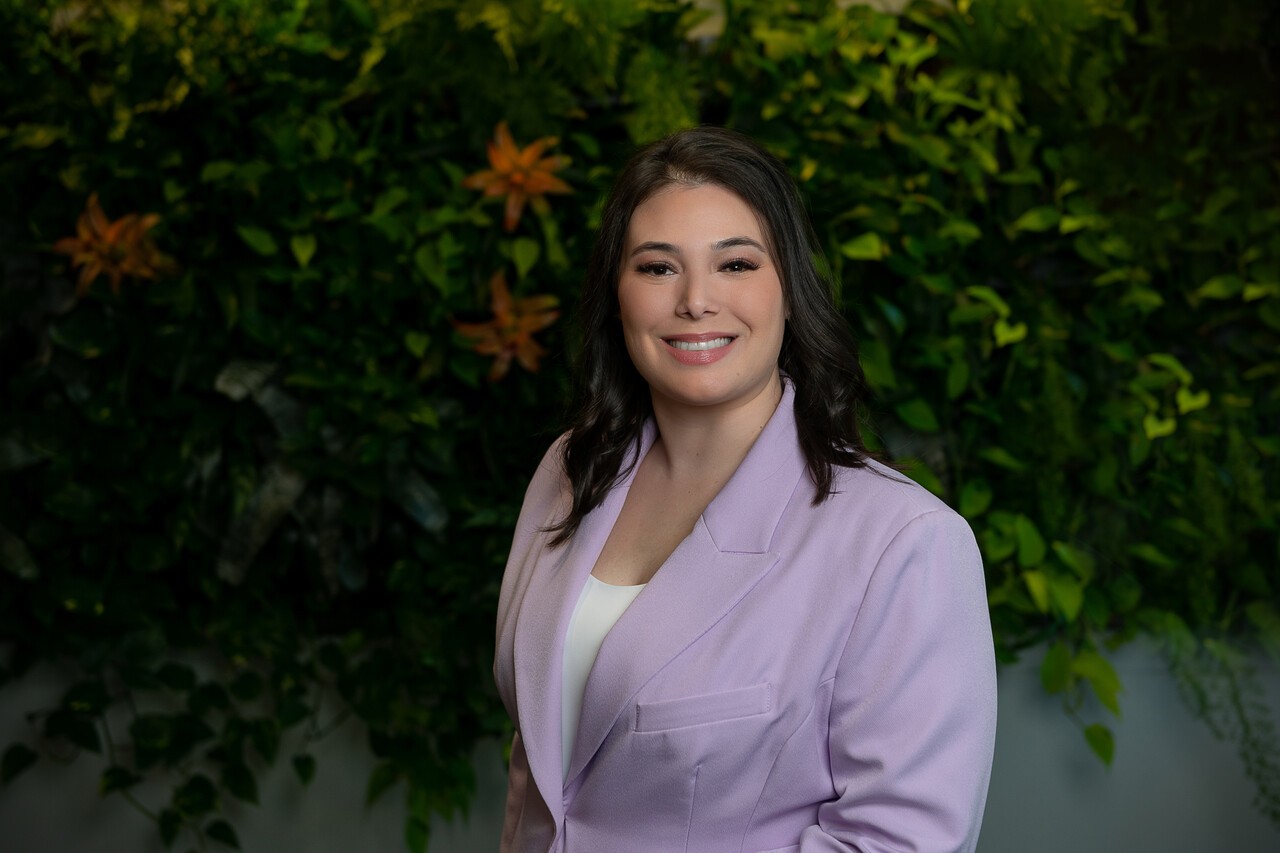REVERSE MENTORING turns the tables on the traditional model of a senior leader imparting knowledge to a more junior employee. With reverse mentoring, younger staff educate senior executives on what they need to be aware of to lead junior personnel more effectively.
A relatively new concept, reverse mentoring is gaining momentum as a way to develop more equitable leaders, according to Trisha Daho, founder and CEO of leadership strategy firm Empowered.
Formal reverse mentoring programs can run for any lenth of time, but Kelly Lockwood Primus, CEO of diversity, equity, and inclusion (DEI) consultancy Leading Now, recommends six months. “Longer programs tend not to see significant additional results,” she says.
Opening Minds
Today, when when DEI issues are drawing unprecedented attention inside organizations, one of the barriers can be a lack of open-mindedness on the part of leaders, according to Lockwood Primus.

Kelly Lockwood Primus
For instance, when Leading Now works with clients on reverse mentoring, the firm presents research on the gender-based ways employees are measured. If an organization is struggling to get more women into leadership roles, the data shows, generally it’s because they’re not being promoted. “The challenge becomes why,” Lockwood Primus says.
Sometimes it boils down to the subjectiveness of performance reviews. There may be two employees who perform at an equal level, “but a man will be written about one way and a woman, a different way, and this creates a lack of opportunity for her to be promoted,” Lockwood Primus says. “What we know is for women to be promoted they have to demonstrate and have the skills for that role. For men to be promoted they have to be seen as having potential … so they measure future success differently,” she explains.
Leading Now’s approach is designed to give a manager and “people further down the food chain the knowledge around how to appropriately do performance management reviews,” Lockwood Primus says. The manager and employee are both given specific questions so they can converse, with the goal of each gaining a different perspective.
The benefit for younger employees is not only getting to share their point of view but the ability to engage in conversations with senior leaders who they might otherwise never have been invited to talk with.
Not everyone is open to reverse mentoring, Lockwood Primus acknowledges. If you have a culture where diversity of opinions–especially around challenging topics–aren’t welcome, “the reverse mentoring scenario won’t happen off the bat,” she says.
Further, it would be a mistake to “just throw two people together and expect there to be understanding of how to do this,” she says. “Make sure there are distinct topics for conversation” that are clear and address the company’s cultural challenges. Also, set some structure and expectations for the program such as what the relationship will look like and how long it will last.
Select participants carefully too, because certain individuals are better suited for reverse mentoring, such as those with self-reflective personalities, says Daho. “You have to be willing to hear the hard things and reflect on them and be extremely good at active communication styles.”
The organization should understand the culture it has, gauge the level of interest, and start with a pilot group, Daho advises.
“Deciding this will be a cool idea without figuring out how it will fit into the overall scheme … and not putting in any metrics would be a pitfall,” Daho says.
One way to measure success is whether a senior leader volunteers to be a mentee again. Another telltale sign is whether a junior participant is given the opportunity to have the senior leader mentor them once the program has concluded.
“None of it is hard data—it’s more experiential,” Lockwood Primus notes.
In the final analysis, “a senior leader has to have the willingness to explore something new and the curiosity to have conversations. … It’s important they come to the table with that mindset,” Lockwood Primus says.
ESTHER SHEIN is a longtime freelance tech and business writer and editor.
Image: iStock













